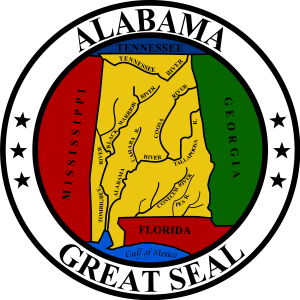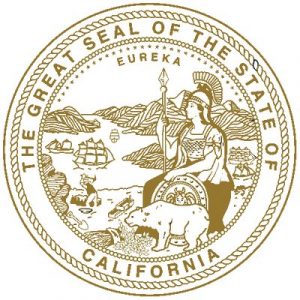
An administrative law judge in the New York State Division of Tax Appeals rejected the state’s position that a taxpayer providing a web-based service which allowed clients to identify effective and ineffective messaging through information, analysis, and reports was selling taxable software. Following the rationale applied in a series of recent sales tax cases, including Matter of 1Life Healthcare, Inc., DTA No. 829434, and Matter of Breakdown Services, Ltd., DTA No. 829396, the judge concluded in her September 29, 2022 determination that the taxpayer’s service was nontaxable because its primary function was an information service that was personal or individual in nature.
 SeeSALT Blog
SeeSALT Blog



 to include with their sales tax returns an additional schedule that reports gross receipts based on the “ship to” or destination location. The bill targeted online retailers with over $50 million in annual sales of tangible personal property. Qualifying online retailers that failed to report this information would have been subject to a penalty of $5,000.
to include with their sales tax returns an additional schedule that reports gross receipts based on the “ship to” or destination location. The bill targeted online retailers with over $50 million in annual sales of tangible personal property. Qualifying online retailers that failed to report this information would have been subject to a penalty of $5,000.

 California’s Court of Appeal held a local sales tax ordinance (Measure K) was a general tax, not a special tax, and therefore its adoption did not require a two-thirds vote (supermajority) under California’s Constitution. A tax is “special” and therefore would require a two-thirds vote, when the expenditure of its revenues is dedicated to a specific project or projects. The plaintiffs argued that Measure K was a special tax because the funds were earmarked for the funding of the county’s public safety services and essential services. The Court of Appeal disagreed, concluding tax proceeds that are deposited in a separate account for unspecified “other essential services” could be used for any and all government services that qualify as an “essential service” and are therefore not dedicated to a specific project or purpose, indicative of a general tax. Thus, the court held Measure K was valid.
California’s Court of Appeal held a local sales tax ordinance (Measure K) was a general tax, not a special tax, and therefore its adoption did not require a two-thirds vote (supermajority) under California’s Constitution. A tax is “special” and therefore would require a two-thirds vote, when the expenditure of its revenues is dedicated to a specific project or projects. The plaintiffs argued that Measure K was a special tax because the funds were earmarked for the funding of the county’s public safety services and essential services. The Court of Appeal disagreed, concluding tax proceeds that are deposited in a separate account for unspecified “other essential services” could be used for any and all government services that qualify as an “essential service” and are therefore not dedicated to a specific project or purpose, indicative of a general tax. Thus, the court held Measure K was valid.
